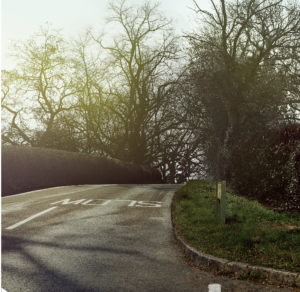THINK!’s motorcycling strategy aims to create empathy between car drivers and motorcyclists. It also raises awareness about the steps that both parties can take to avoid crashes.
Drivers are encouraged to notice motorcyclists on the road by thinking more about the person riding the motorcycle.
Motorcyclists are encouraged to take steps to manage and reduce their own personal risk by wearing appropriate safety gear and taking up further training.
The never too good campaign sees world Superbike Rider, Chaz Davies, joined comedian Alan Davies and eight regular riders to undertake further training to improve their riding skills on the road and prove you’re never too good to learn something new.
The ‘Didn’t See’ radio adverts remind drivers to take longer to look for bikes at junctions.
Assets supplied are free to use for educational purposes, however if used in a paid-for capacity (particularly outside of the national campaign period) usage fees may apply.

